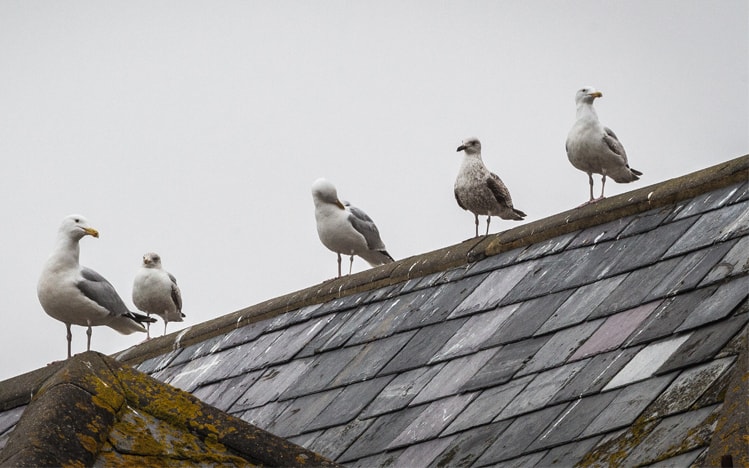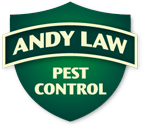
How to Protect Yourself Against Gulls
Gulls – whether seagulls, herring gulls, or anything similar – can be a pain. We associate them with the seaside, their cries often being heard as we walk along seafronts and enjoy the attractions.
We may see gulls dropping by to steal chips and annoy people enjoying lunch by the sea. Such images and footage may even look amusing. Yet for those targeted by such behaviour, the experience can be frightening and even harmful. The behaviour of gulls becomes even more problematic from the middle of May through to the end of July. This is when gulls protect their young, newly born and not yet ready to defend themselves. You may not realise you are straying into gull’s territory, but if you do unwittingly do this, you can be sure the gulls will have something to say about it.
How can you protect yourself?
If gulls begin flying very close to you, you are best to remove yourself from the area. Think of it as a warning – if you get too close to their young, even if you do not know they are present, the gulls will get too close to you for comfort. Take heed and go elsewhere to protect yourself. Gulls can and will attack given cause to do so.
Seek assistance from a pest controller if your building is bothered by gulls
Any building can provide nesting opportunities for gulls and other birds. It is illegal to kill gulls, but if they are causing a nuisance it can create significant issues for homeowners and business owners alike. Imagine sitting outside a café enjoying your lunch, only for it to be stolen by a gull. Go online and look for stories about people being attacked by gulls. It takes mere moments to find plenty of stories about injuries caused by these pest birds.
If you know gulls are nesting at your property or you are experiencing issues with lots of gulls flying around locally, it is wise not to try and do anything to solve the issue yourself. The law protects the birds and their nests, hence why it is best to call in the pest control experts to assist. If you take the law into your own hands, you may find you cannot solve the issue and end up being fined for trying to do so. Pest controllers will know what can and cannot be done to resolve the issue.
